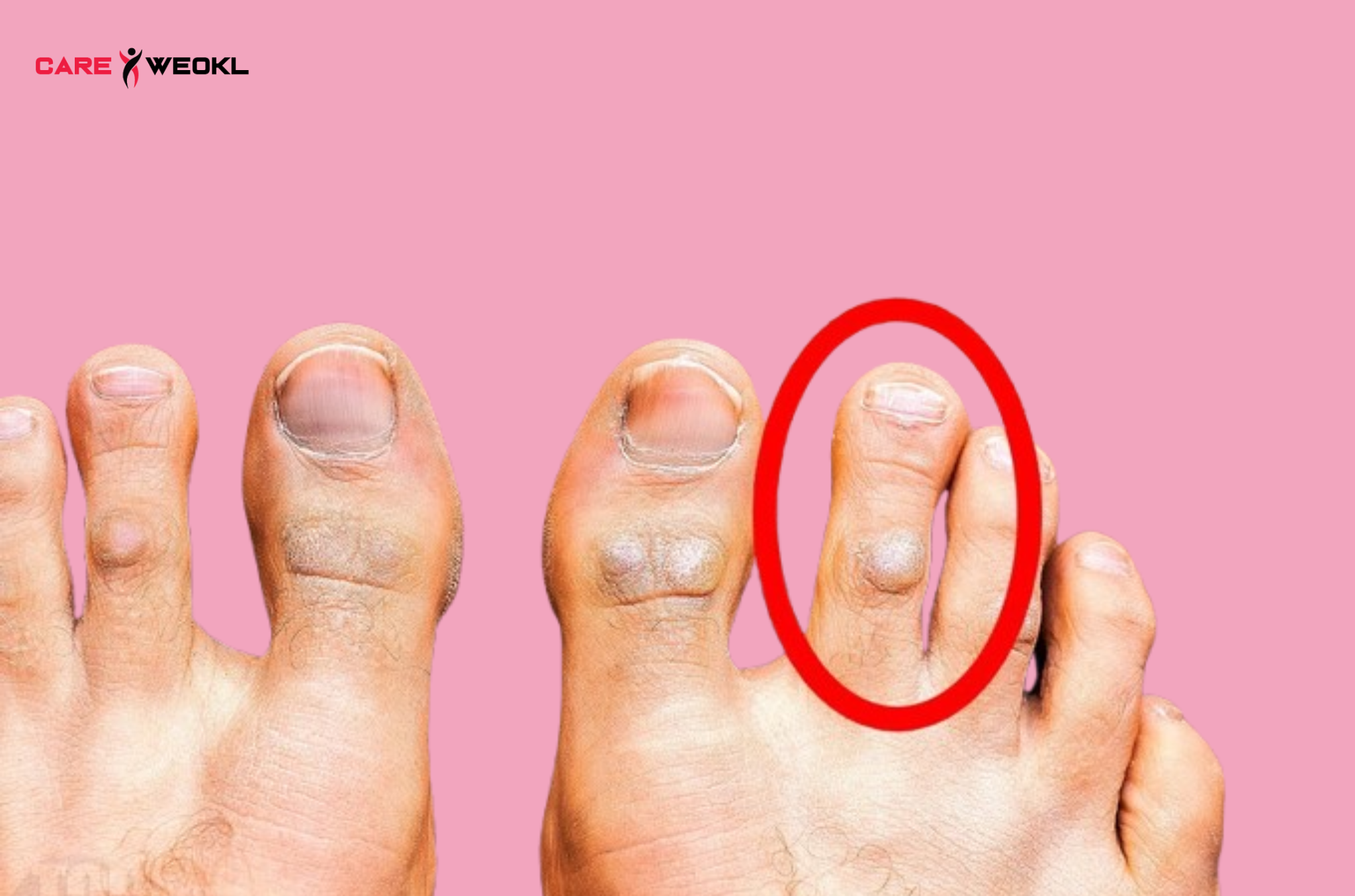8 Signs That Your Body Is Crying for Help
Your body is a complex system that is constantly sending out signals to indicate its needs and health status. When something is wrong, it often gives subtle or obvious signs that shouldn’t be ignored. Recognizing these signs early can help you address potential health issues before they become serious. In this article, we’ll discuss eight signs that your body is crying out for help and what you can do about them.
- Constant fatigue
Feeling constantly tired despite getting enough sleep can be a sign of underlying health issues such as anemia, thyroid problems, or chronic fatigue syndrome.
For example, if your energy levels are consistently low and don’t improve with rest, it’s time to consult a healthcare professional.
- Sudden weight changes
Unexplained weight gain or loss can indicate a hormonal imbalance, thyroid disorders, or other serious health conditions.
Fact: Rapid weight fluctuations without changes in diet or exercise should be investigated immediately.
- Frequent headaches
Regular headaches can be more than just a nuisance; They can indicate dehydration, stress, high blood pressure, or even neurological problems.
Tip: Keeping a headache diary can help you identify triggers and patterns that can be addressed.
- Digestive problems
Chronic bloating, constipation, or diarrhea can indicate digestive disorders such as irritable bowel syndrome (IBS) or food intolerances.
Tip: Persistent digestive problems should not be ignored and may require dietary adjustments or medical intervention.
- Skin changes
Sudden changes in your skin, such as an unexplained rash, discoloration, or persistent acne, can indicate allergies, infections, or more serious conditions such as diabetes or liver disease.
Example: Monitoring your skin for any unusual changes can help you detect underlying health problems early.
- Shortness of breath
Difficulty breathing, especially during routine activities, can be a warning sign of respiratory disease, heart problems, or anemia.
Fact: Shortness of breath should always be taken seriously and evaluated by a healthcare provider.
- Mood swings and irritability
Frequent mood swings, irritability, or feelings of depression and anxiety can be linked to hormonal imbalances, nutrient deficiencies, or mental health conditions.
Tip: Seeking help from a mental health professional can provide the support and treatment you need.
- Persistent pain
Persistent pain in any part of your body, such as back pain, joint pain, or abdominal pain, can be a sign of underlying conditions that need medical attention.
Tip: Chronic pain should be evaluated by a doctor to determine its cause and appropriate treatment.
Conclusion:
Your body has a way of communicating when something is wrong. Recognizing these signs and taking action early can prevent more serious health problems. If you experience any of these symptoms on an ongoing basis, it is important to consult a healthcare professional to understand the underlying causes and receive appropriate treatment. Remember, listening to your body is the first step towards maintaining good health.



